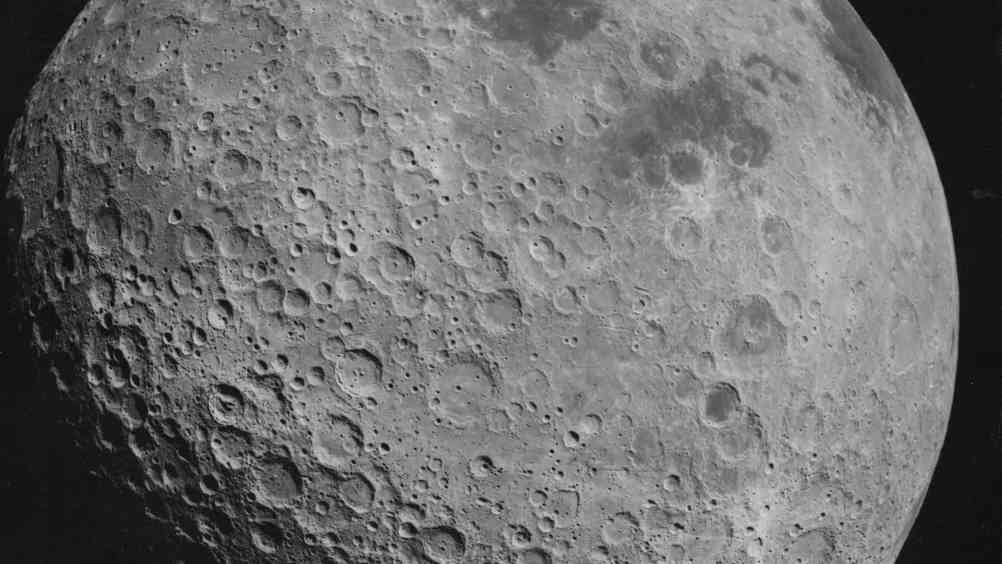Mining rocks in orbit could aid space missions
A study from Edinburgh University suggests that mining experiments conducted in space could lead to new technologies, helping to aid space missions.

Tests were carried out on the International Space Station, the findings of which suggest that bacteria can extract useful materials from rocks on Mars and the Moon. Researchers said this could aid efforts to develop ways of sourcing metals and materials essential for survival in space, such as iron and magnesium.
It is hoped that the bacteria could be used in future to break down rocks into soil for growing crops, or to provide minerals for life support systems that produce air and water.
Scientists at the University’s UK Centre for Astrobiology worked with engineering company Kayser Italia to develop matchbox-sized mining devices (biomining reactors) over a ten year period. They then transported 18 of the devices to the space station - which orbits the Earth at an altitude of 250 miles - aboard a SpaceX rocket launched from Cape Canaveral, Florida, in July 2019.
Register now to continue reading
Thanks for visiting The Engineer. You’ve now reached your monthly limit of news stories. Register for free to unlock unlimited access to all of our news coverage, as well as premium content including opinion, in-depth features and special reports.
Benefits of registering
-
In-depth insights and coverage of key emerging trends
-
Unrestricted access to special reports throughout the year
-
Daily technology news delivered straight to your inbox










National Gas receives funding to develop Gravitricity underground hydrogen storage system
One single rock salt mine - Winsford - has 23 <i>MILLION </i>cubic metres of void and even allowing for 10% of that void set aside for hazardous waste...